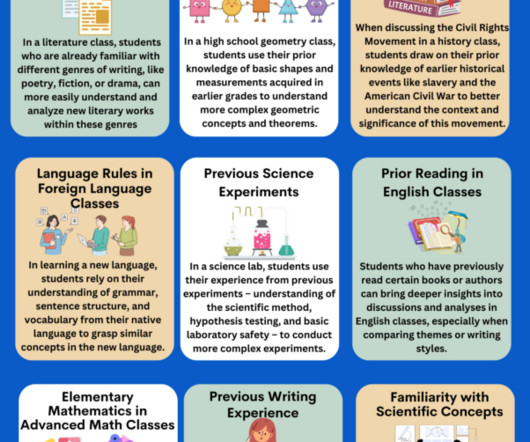Computer literacy: The invisible skills gap?
Neo LMS
FEBRUARY 5, 2019
As the digital dawn, dawned, and the internet ballooned (or blossomed depending on your point of view), great strides were made in the development, understanding and application of education technology and technology education. Enter the knowledge-based economy – a trending topic across sectors more or less from 2003 onward.














Let's personalize your content